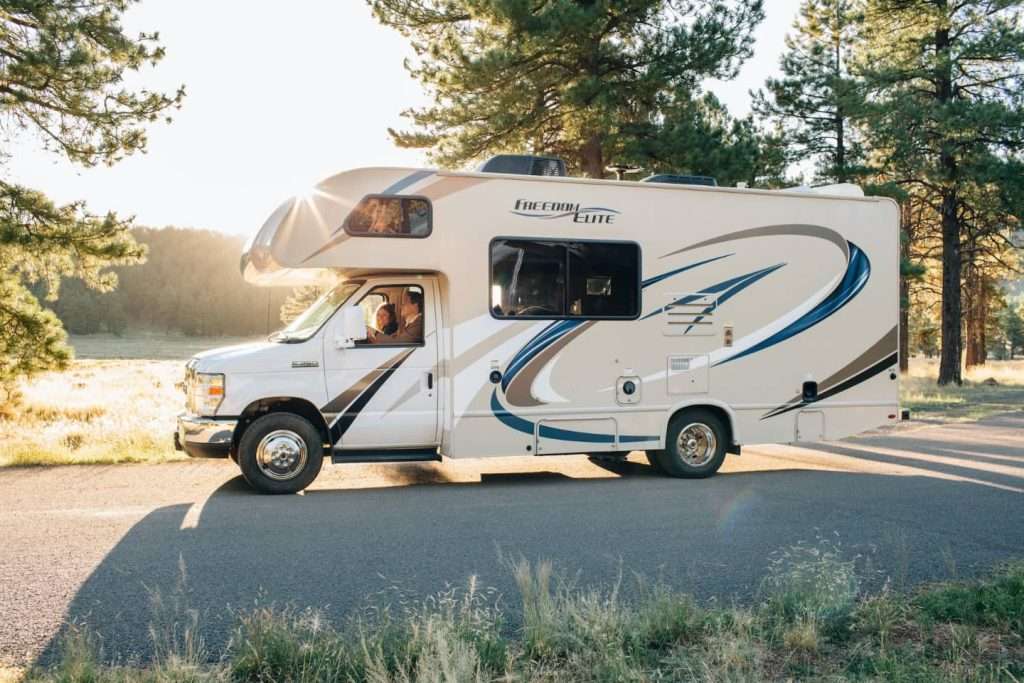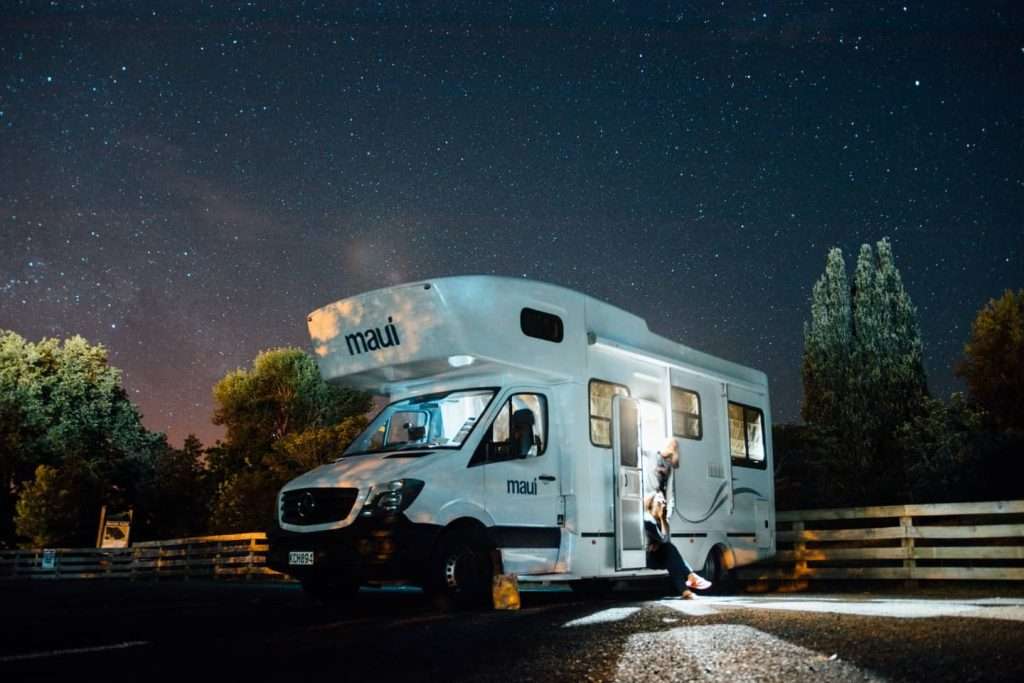
Texas RV Sales Tax: Important Facts You Need To Know
RV ownership in the Lone Star State is all about enjoying the freedom of the great outdoors, and I know better than anyone just how much unforeseen fees — like Texas RV sales tax — can hamper that fun.
If you’re considering the purchase of a recreational vehicle in the Lone Star State, it’s essential to understand the RV sales tax in Texas. This financial component plays a significant role in the total cost of your RV purchase and can influence your budget and financing decisions.
In this article, we will demystify Texas RV sales tax, covering everything from the tax rate to applicable exemptions and trade-ins. With this knowledge, you can ensure a smooth transaction and confidently embark on your Texas RV adventure.
How Much Can You Expect To Pay For Your Texas RV Sales Tax?
The standard Texas RV sales tax is 6.25% of the purchase price, but this rate can vary based on any additional local taxes. However, the total tax rate in Texas cannot exceed 8.25%.
Given this, if you’re buying an RV priced at $100,000, you can expect to pay a Texas RV sales tax ranging between $6,250 to $8,250.
Be sure to verify the current rates and any potential changes to RV sales tax in Texas when budgeting for your purchase to ensure you are equipped with the most accurate and up-to-date information.
Texas RV Sales Tax Exemptions
In some instances, buyers may qualify for Texas RV sales tax exemptions, which can offer significant savings.
Exemptions may be applicable in certain scenarios, such as if the RV is purchased to be leased to a public agency, sold to a purchaser from out-of-state who will not use the RV in Texas apart from its transportation out of the state, or sold to a Texas-based non-profit organization.
In addition, Texas also offers tax exemptions for vehicles, including RVs, that are modified for use by individuals with orthopedic disabilities. These modifications typically include items such as lifts, hand controls, or other adaptations to help the disabled individual operate or use the vehicle.
Remember that specific documentation and certifications will be required to validate these modifications and apply for the exemption.
Please consult with a tax professional or the Texas Comptroller’s website for the most current information and specific eligibility requirements. It’s important to have accurate, up-to-date information when planning your RV purchase and potential modifications.
How Does Texas RV Sales Tax Apply To Trade-Ins?
In Texas, if you trade in your old RV for a new one, the value of your trade-in is subtracted from the price of the new RV before sales tax is applied.
For example, if you’re purchasing an RV priced at $100,000 and your trade-in is valued at $20,000, the Texas RV sales tax would be calculated on the $80,000 difference.
This difference can represent significant savings, as you are effectively lowering the taxable amount of your new RV purchase.
How To Estimate Your RV’s Texas Tax, Title, & Registration Fees
Estimating your RV’s Texas tax, title, and registration fees is crucial for budgeting and preparing for your new RV purchase.
The Texas RV sales tax is 6.25% but can reach up to 8.25% with additional local taxes. To estimate the sales tax, multiply the purchase price of your RV by the tax rate.
In addition to the sales tax, you’ll also need to account for title and registration fees. The title application fee is $33. However, this does not include the regional county fees, which can range from $1 to $31.50.
The registration fee is dependent on the type and weight of the RV. For instance, travel trailers less than 6000 lbs have a base fee of $45, while those above 6000 lbs are at $54. Larger motorhomes can be even more, starting at $66.
Do note that these rates may change over time, so consult the Texas Department of Motor Vehicles website or a local dealership for the most up-to-date information.
FAQs
Does Texas charge sales tax on out-of-state purchases?
Yes, Texas does charge sales tax on out-of-state purchases, but this primarily applies when you’re a Texas resident and you buy a product or service from another state but use it within Texas. This fee is officially known as a “use tax,” and it is meant to complement the sales tax.
However, in the context of buying an RV, if you purchase the RV out-of-state and immediately register it in that state before bringing it to Texas, you might avoid the Texas use tax. It’s important to understand the specifics of your situation and consult with a tax professional, as every scenario can be different, and tax regulations can change over time.
Does Texas have sales tax on trailers?
Yes, Texas does apply sales tax on the purchase of trailers, including travel trailers that are commonly used for recreational purposes. The sales tax rate for trailers is the same as it is for other vehicles, which is 6.25% of the purchase price at a state level, but with local taxes, the total rate could be as high as 8.25%.
Final Thoughts
Navigating the complexities of RV sales tax in Texas can seem overwhelming, but understanding these intricacies can result in substantial savings and a smoother purchase process.
From the standard sales tax rate to potential exemptions and the impact of trade-ins, we’ve covered the essential components you need to consider.
Don’t forget to include additional costs, such as title and registration fees, in your budget. While tax regulations can change, this guide provides a solid foundation for you to start planning your RV purchase. It’s always a good idea to consult with a tax professional or check the Texas Comptroller’s website for the most recent and accurate information.
Embarking on your RV adventure in Texas is a significant decision and investment — being well-informed is a crucial first step.








